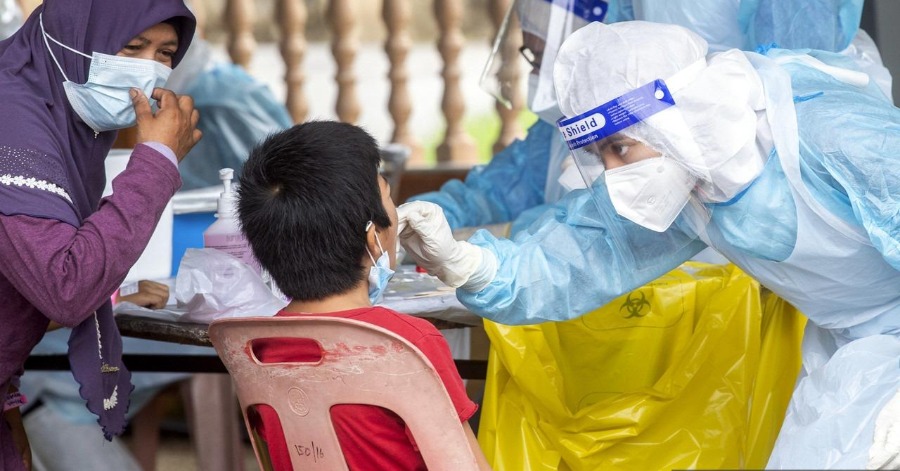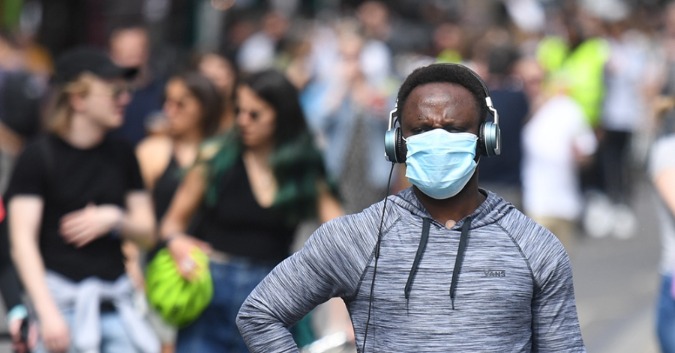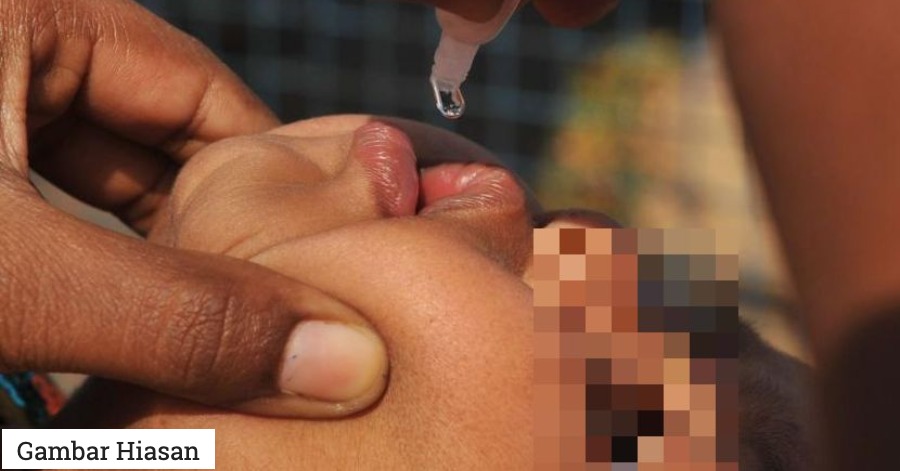KUALA LUMPUR (Bernama) – A recent study by researchers in the United States showing that COVID-19 may raise the risk of diabetes in children has set the alarm bells ringing in medical circles.
A team of researchers from the US Centers for Disease Control and Prevention (CDC), led by Dr Sharon Saydah, found that children below the age of 18 who have recovered from a COVID-19 infection are more likely to develop diabetes than those with no history of the viral infection.
In Malaysia, the health authorities have every reason to be concerned about the CDC’s findings that were reported on Jan 7. In a post on March 12 on its official Facebook account, the Ministry of Health (MOH) said admissions into the paediatric intensive care units among children diagnosed with category four and five COVID-19 have increased by 94 percent.
Health experts have also expressed concern over the rise in type 1 diabetes cases among children in Malaysia lately.
The CDC study found that the risk of developing diabetes was 166 percent higher in children who experienced a COVID-19 infection compared to those who did not. It also found that new diagnoses of diabetes were 116 percent more likely to occur among those with COVID-19 than among those with acute respiratory illnesses during the pre-pandemic period.
Medical journal Diabetes Care also reported an increase in type 1 diabetes cases among children in the United Kingdom when the pandemic peaked there in 2020.
COVID-19’S LINK TO DIABETES
Prof Dr Muhammad Yazid Jalaludin, a senior consultant in paediatric endocrinology and diabetes at Universiti Malaya (UM), said although the incidence of diabetes among children in Malaysia is, in general, lower than that of Scandinavian nations and countries in the temperate zone, many paediatric endocrinologists in this country are, however, concerned over the higher number of children being diagnosed with diabetes now compared with the pre-pandemic period.
The deputy dean (Undergraduates) at the Faculty of Medicine, UM, told Bernama the experts, however, were unable to determine whether the increase in diabetes cases was caused by COVID-19 because not all the diabetic patients were tested for the infection.
“But looking at the current trend in other countries, an increase in cases of diabetes can possibly occur among children (infected by the COVID-19 virus),” he added.
Explaining the link between COVID-19 and diabetes, Dr Muhammad Yazid said the condition can occur as a result of a direct attack on the cells of the pancreas that have the angiotensin-converting enzyme 2 receptor and which can also cause the destruction of the pancreas’ beta cells that produce insulin.
He said spikes in the blood glucose level can also occur as a result of a severe immune system response to an infection (cytokine storm) or changes in sugar metabolism due to infection, or as a result of a change from the prediabetes to diabetes stage.
Steroids used in the treatment of COVID-19 can also cause the glucose level to rise, he said, adding that the risk posed by this hike is, however, temporary.
Dr Muhammad Yazid added that the rise in diabetes cases during the pandemic could also be attributed to the unhealthy eating habits of people who mostly stayed at home to prevent COVID-19 infection.
VACCINATION
He also said that since much is still unknown about COVID-19, it is best for people in all age groups to take the necessary preventive action including getting the vaccine.
He said the recent CDC study has reinforced the importance of the COVID-19 vaccination, especially for children and those at high risk of contracting the deadly virus.
“It’s important for the authorities to regularly put up public health messages highlighting the risks of COVID-19 in children. These messages are important as they serve as a notification to medical practitioners and also parents that COVID-19 can give rise to other diseases such as diabetes,” he said.
Health agencies and doctors also need to be aware of the long-term effects of COVID-19 and must monitor their patients regularly to detect the development of diabetes, he added.
He also suggested that children aged below 18 who contract COVID-19 undergo tests to detect diabetes and other possible illnesses. Among the symptoms that need to be taken heed of are frequent urination, increased thirst and hunger, fatigue, abdominal pain and nausea.
GET CHILDREN VACCINATED
Meanwhile, KPJ Selangor Specialist Hospital paediatrician and paediatric cardiologist Datuk Dr Zulkifli Ismail urged parents to get their children vaccinated against COVID-19.
He said there are still many parents out there who are worried about the side effects of Pfizer-BioNTech’s Comirnaty vaccine, which is developed using mRNA technology. One of the reported side effects is myocarditis or inflammation of the heart muscle.
Dr Zulkifli said in the US, where 8.7 million doses of the Comirnaty vaccine have been administered to children aged five to 11, only 11 cases of heart inflammation were reported.
“All 11 cases reported were not serious and the children concerned returned home after two to three days. No deaths have been reported to date,” he said.
He said in the context of the COVID-19 vaccination, it will protect children against developing severe infection as well as the effects of long COVID and MIS-C (multisystem inflammatory syndrome in children) complications.
“And, if it’s true there is a strong link between COVID-19 and diabetes as reported by CDC, then it is all the more important for parents to allow their children to be vaccinated,” he added.
As of March 9, about one million children in Malaysia aged between five and 11 – from the 1.63 million appointments scheduled since Feb 3 – have been vaccinated under the National COVID-19 Immunisation Programme for Children.
Sources: BERNAMA








